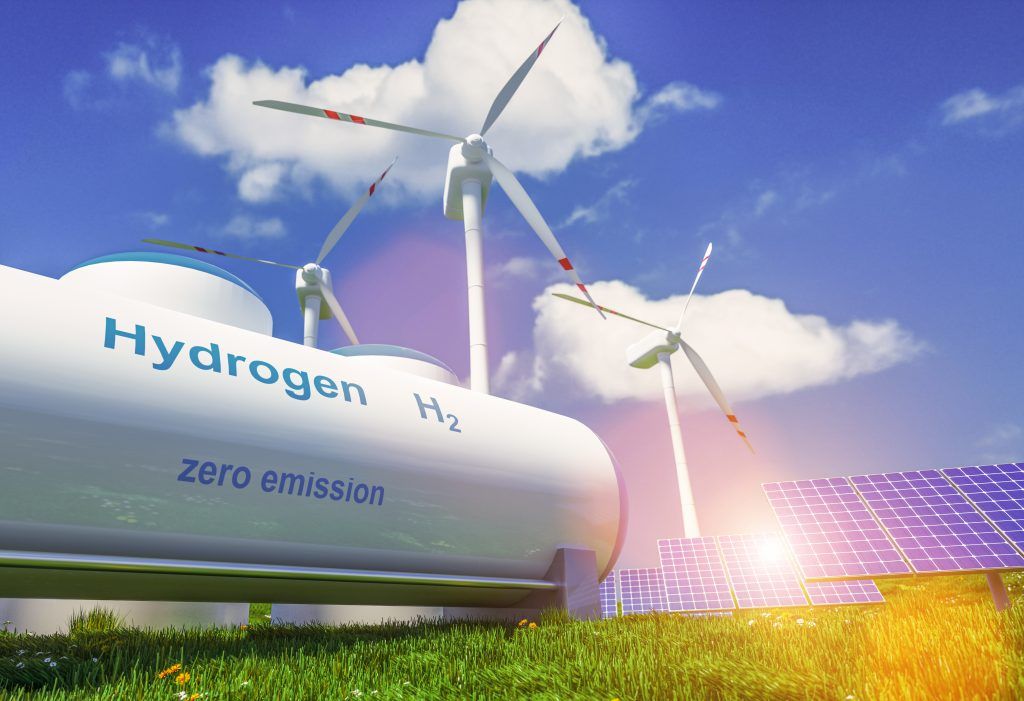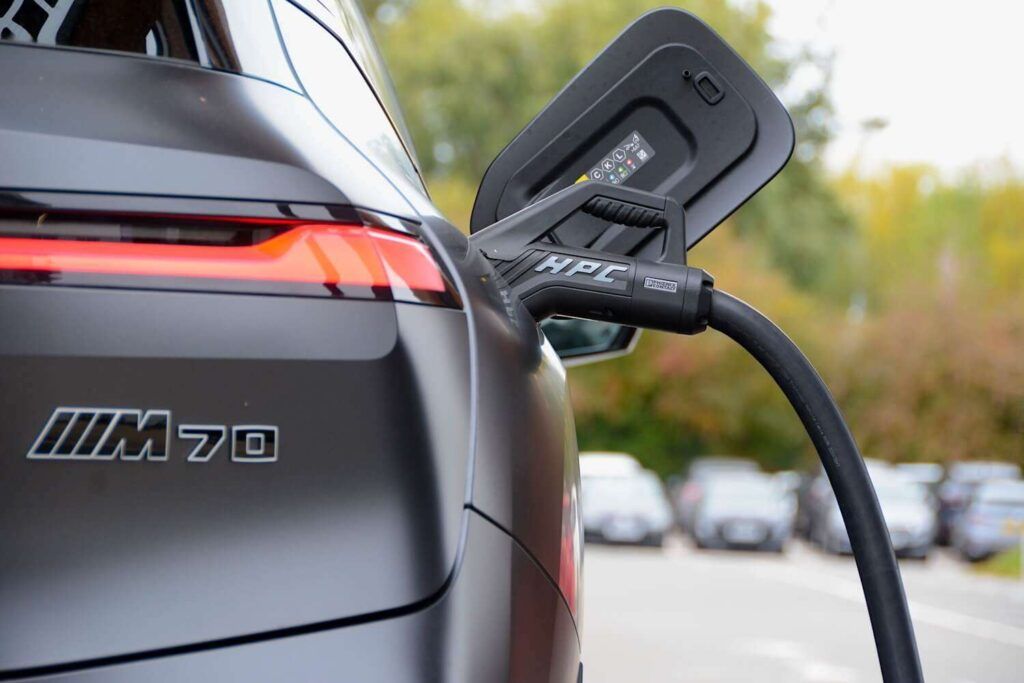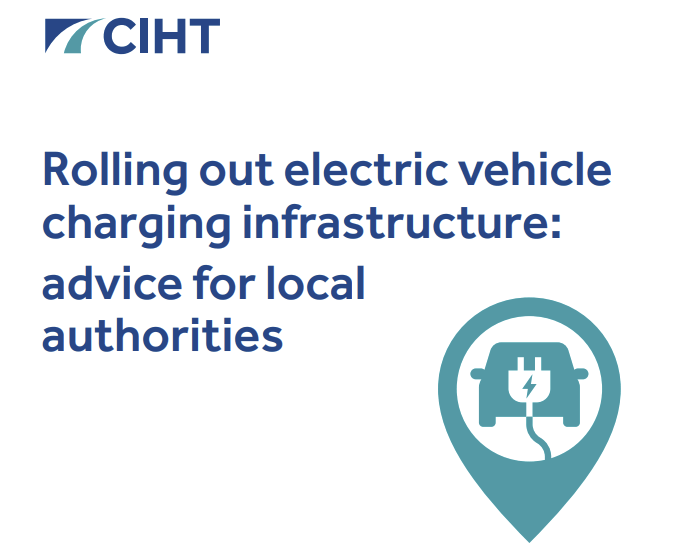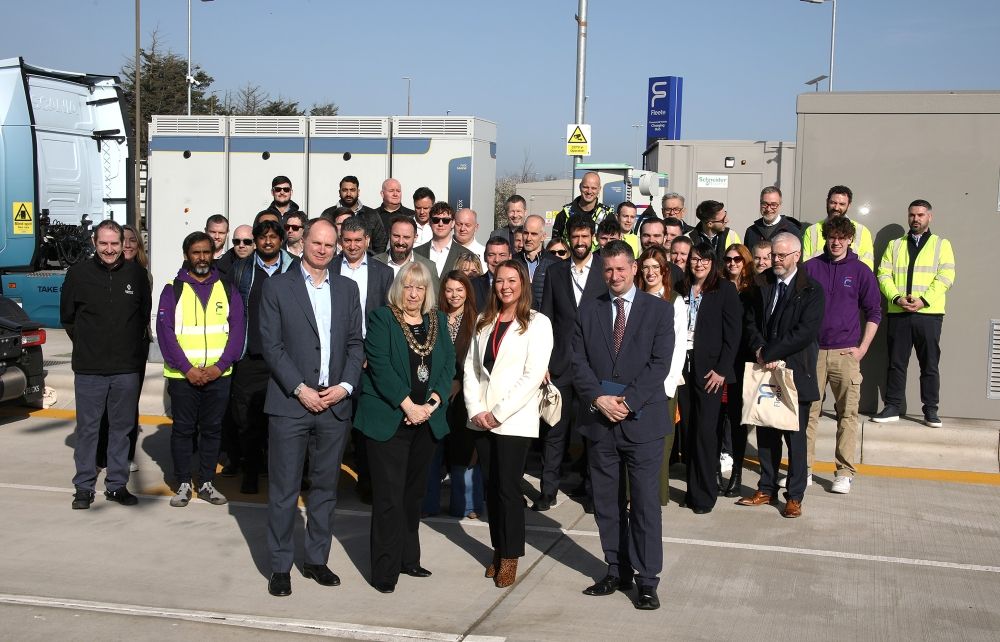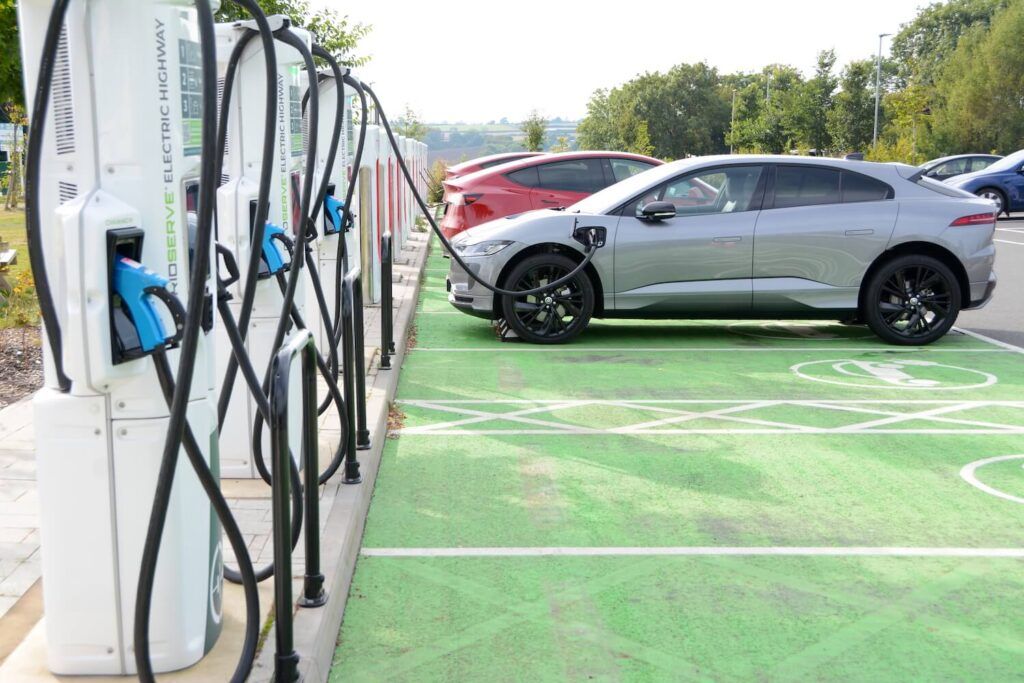The H2Accelerate collaboration has published the latest in a series of white papers on the need for supportive policy frameworks to enable the commercialisation of the hydrogen truck sector.
The papers focus on the UK landscape, examining the existing UK policy framework for zero-emission trucks and proposing policy changes that would enable the roll-out of a large-scale hydrogen trucking sector.
It states longer-term support will be needed to provide vehicle OEMs with the certainty to invest in right-hand drive vehicles and fuel suppliers with the confidence to develop a nation-wide network of hydrogen refuelling stations.
A series of policy recommendations
- A minimum level of alternative refuelling network coverage, with large-scale hydrogen refuelling stations located every 200km on major networks by 2030.
- Strengthen and broaden the scope of the plug-in truck grant to allow all available zero-emission HGVs to be assessed.
- Adapt the UK standards for renewable hydrogen so production plants can be connected to existing renewable electricity plants.
- Review the Hydrogen Production Business Model’s Agreement to allow the participation of third party companies
- Create exemptions for zero-emission trucks from levies, tolls, and taxes while the sector scales up.
Oliver Bishop, Global Head of Hydrogen Mobility at bp, said: “We are exploring opportunities to kick-start a UK hydrogen mobility offer to our truck customers. However, to make further investments that will enable the large-scale deployment of heavy-duty hydrogen vehicles across the UK, we need sustained supporting policies from the UK government.”
Hannah Bryson-Jones, spokesperson for the H2Accelerate collaboration, said: “The UK government has the opportunity to unlock large-scale investment in long haul zero emissions freight.
“Ambitious targets have been set regarding the complete ban on diesel trucks, but these can only be achieved if the sector is supported in scale-up starting today. Aligned and progressively larger deployments of low carbon hydrogen production, refuelling, and trucks, will secure a smooth transition to zero emission heavy-duty vehicles.”




